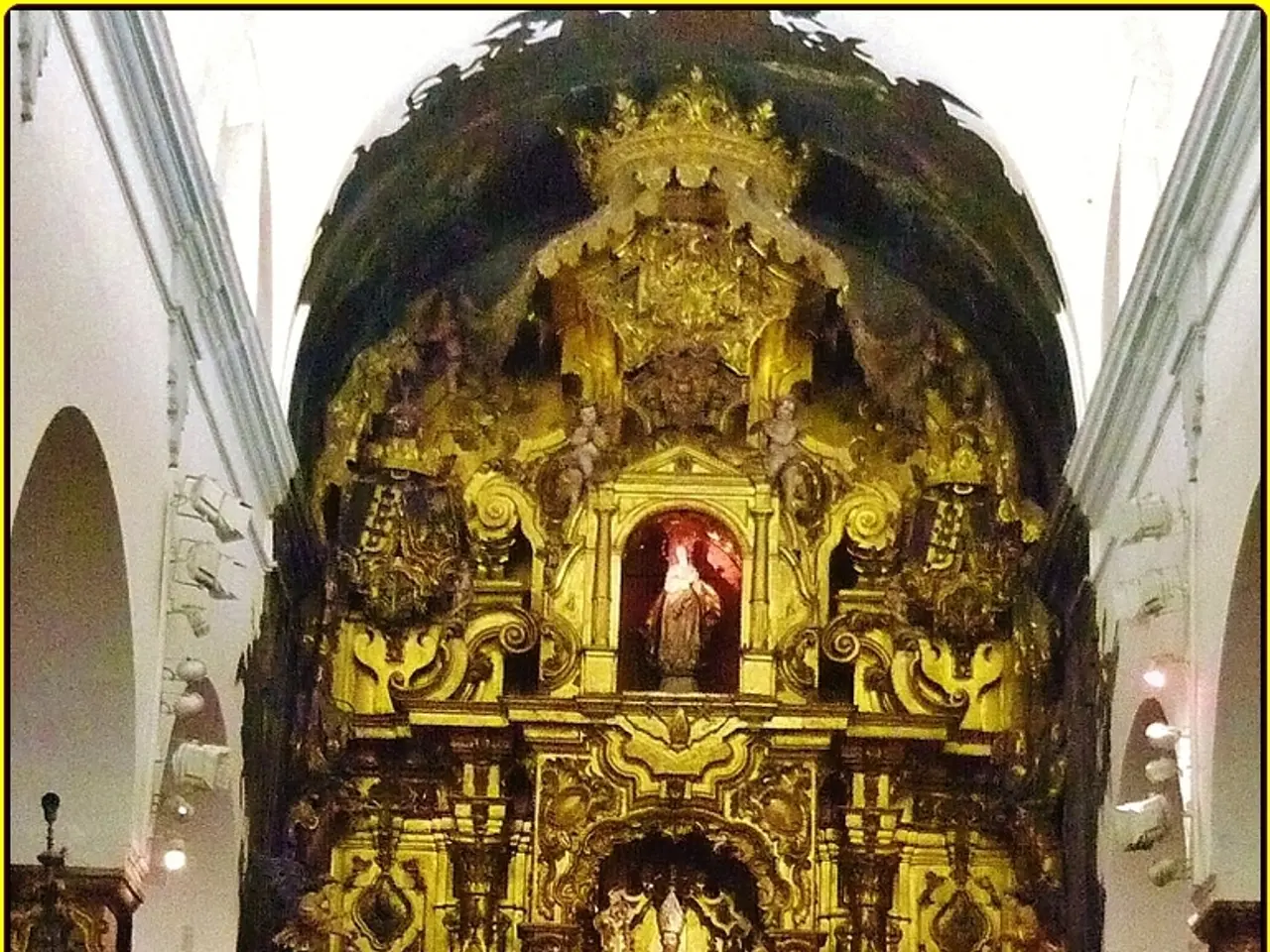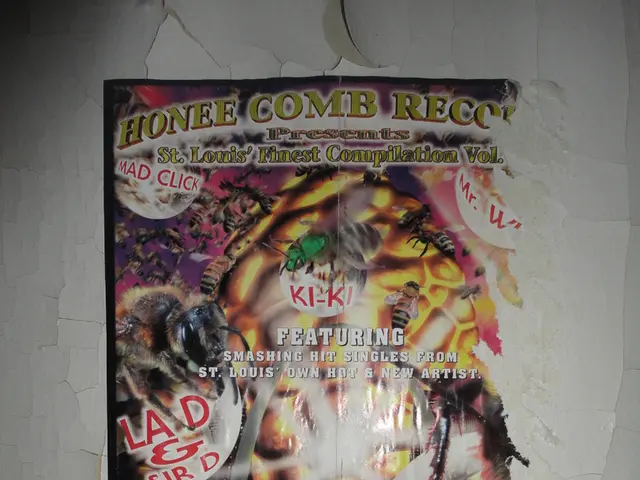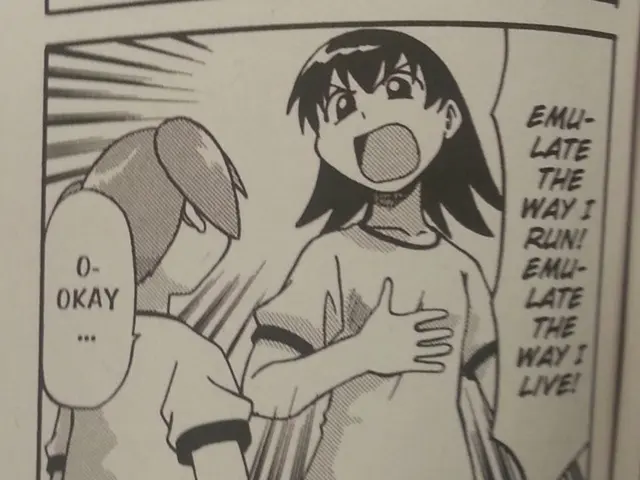Arbitrator overseeing the restoration of art illegally obtained by Nazis
A significant milestone has been reached in the restitution of artworks stolen or forcibly sold during the Nazi era. In a move aimed at accelerating the return of these valuable pieces, a new arbitration court has been established by the German federal government, states, and municipalities. The court, known as the "Schiedsgericht," will begin its work on December 1, 2023, replacing the former Advisory Commission.
The court's establishment comes at a time when a painting, long thought to be lost, was recently discovered in Argentina. The painting, a portrait of Contessa Colleoni, was originally stolen from Jewish art dealer Jacques Goudstikker by the Nazis. The painting was found in the house of Patricia Kadgien, the daughter of former Nazi official Friedrich Kadgien.
The new arbitration court, comprising thirty-six arbitrators, will now have the power to make decisions, not just recommendations, on restitution cases. Rüdiger Mahlo of the Jewish Claims Conference spoke of an important signal for survivors and their families, emphasising the court's potential to bring closure and justice.
Elisabeth Steiner and Peter Müller have been appointed as the dual leaders of the court's presidency, ensuring a high-calibre and balanced composition. The selection of personnel for the new institution is a crucial milestone, setting the stage for the court to approach restitution issues with seriousness and professionalism.
Previously, the consent of the other party, such as the affected museum, was necessary to approach the court. However, with the new court, those affected can now approach the arbitration court unilaterally. The court is intended to expedite proceedings for the return of looted art, providing a more streamlined process for those seeking justice.
Estimates suggest that up to 600,000 artworks were originally stolen during the Nazi regime, with many of these artworks now located in German museums. The enactment of a restitution law - a law regulating the return or compensation of Nazi-looted art - is still pending. Regardless, the new arbitration court represents a significant step forward in the ongoing efforts to return these stolen artworks to their rightful owners.
The establishment of the new arbitration court is part of a project from the coalition agreement, marking a commitment to addressing the injustices of the past and ensuring a more transparent and efficient process for restitution in the future.
Read also:
- United States tariffs pose a threat to India, necessitating the recruitment of adept negotiators or strategists, similar to those who had influenced Trump's decisions.
- Weekly happenings in the German Federal Parliament (Bundestag)
- Southwest region's most popular posts, accompanied by an inquiry:
- Discussion between Putin and Trump in Alaska could potentially overshadow Ukraine's concerns






